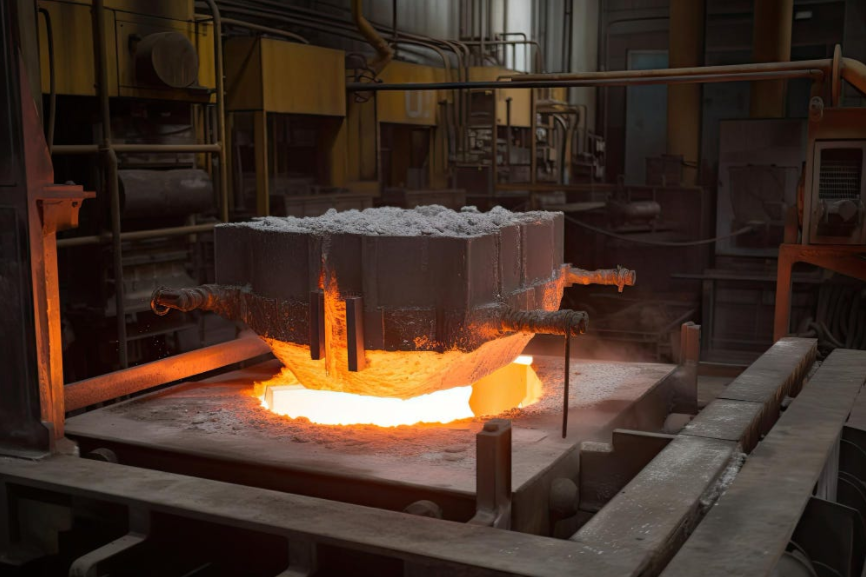Introduction
Die casting is a popular manufacturing process that involves the production of metal parts by forcing molten metal into a mold cavity. This comprehensive guide will explore the various aspects of die casting, including its history, materials used, the die casting process, advantages, and applications.
History of Die Casting
Die casting has a long history dating back to at least 1838 when the first patent for a basic die casting process was granted. Over the years, advancements in technology and materials have improved the die casting process, making it one of the most widely used manufacturing techniques today.
Materials Used in Die Casting
Die casting can be done with a variety of metals, including aluminum, zinc, magnesium, and copper alloys. Each material has its unique properties and characteristics, making it suitable for specific applications. Aluminum, for example, is lightweight and offers excellent corrosion resistance, while zinc provides superior strength and dimensional stability.
The Die Casting Process
The die casting process consists of several steps, including mold preparation, metal melting, mold filling, solidification, ejection, and trimming. To begin, the mold is sprayed with a lubricant to facilitate the ejection of the final product. Next, the metal is melted in a furnace and injected into the mold under high pressure. Once the metal solidifies, the mold is opened, and the part is ejected for further processing and finishing.
Advantages of Die Casting
Die casting offers numerous advantages over other manufacturing processes. Firstly, it allows for the production of complex shapes with high dimensional accuracy. The molds used in die casting can be designed to produce intricate details and tight tolerances. Additionally, die casting provides excellent surface finish and can produce parts with thin walls and fine features. Furthermore, die casting is highly efficient and economical for large-scale production, as it enables fast cycle times and requires minimal post-processing.
Applications of Die Casting
Die casting finds applications in various industries, including automotive, aerospace, electronics, and consumer goods. In the automotive industry, die casting is used to produce engine components, transmission parts, and structural components. In aerospace, die casting is employed to manufacture lightweight yet strong parts for aircraft and spacecraft. In the electronics industry, die casting is utilized for the production of electronic housings and components. Die casting also plays a crucial role in the production of consumer goods such as appliances, furniture, and toys.

Quality Control in Die Casting
To ensure the production of high-quality parts, die casting companies implement stringent quality control measures. These measures include regular monitoring of process parameters, inspection of incoming materials, in-process inspections, and final inspection of finished parts. Additionally, advanced technologies such as x-ray and ultrasound are used to detect any defects or imperfections.
Conclusion
Die casting is a versatile and efficient manufacturing process that has revolutionized the production of metal parts. It offers numerous advantages, including the ability to produce complex shapes with high accuracy and excellent surface finish. With its applications spanning various industries, die casting continues to be a vital technique in modern manufacturing. As technology advances further, die casting is expected to become even more precise, cost-effective, and environmentally friendly.
-

- Horquilla rígida de aleación de magnesio para bicicleta, piezas de metal de fundición a presión personalizadas
-

- Thixomolding parts & components cell phone middle board processed
-

- Piezas tixomoldeadas de magnesio, cubierta de carcasa para portátil B
-

- Soporte de tablero automático de mecanizado CNC
-

- Bicicleta para niños de aleación de aluminio y magnesio de 3 a 8 años, gran oferta barata, bicicleta para niños de 14 pulgadas para siempre, venta al por mayor 2022
-

- Bicicletas para niños, bicicletas para niños de 3 a 16 años, niño/OEM, bicicleta para niños, bicicletas de montaña para niños 2022

 0086-750-5616188
0086-750-5616188 +86 13392089688
+86 13392089688 sales@zhongmei-tech.com
sales@zhongmei-tech.com







